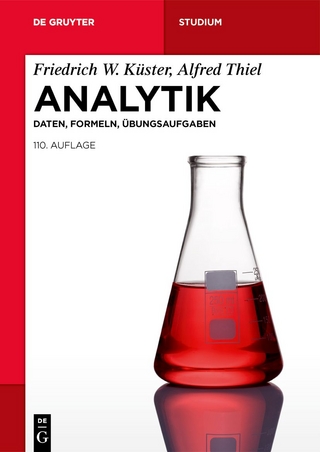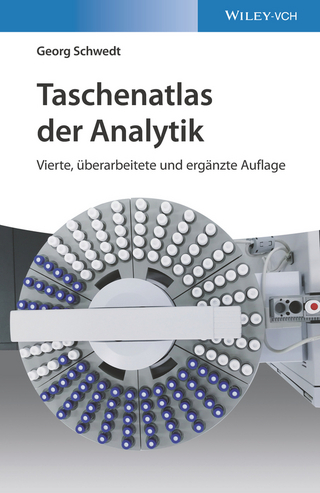
Intrinsic Point Defects, Impurities, and Their Diffusion in Silicon
Springer Wien (Verlag)
978-3-7091-7204-9 (ISBN)
Peter Pichler, Dr., geb. 1980, Studium der Geschichte, Philosophie und Medien in Graz und Mainz. Lektor am Institut für Geschichte der Karl-Franzens-Universität Graz, seit 2004 Mitarbeiter am Institut für Österreichische Rechtsgeschichte und Europäische Rechtsentwicklung ebenda. Veröffentlichungen zur Geschichte der europäischen Integration, zur Geschichte der europäischen Identität sowie zur österreichischen Geschichte.
Fundamental Concepts.- 1.1 Silicon and Its Imperfections.- 1.2 The Electron System.- 1.3 Phenomenological and Atomistic Approaches to Diffusion.- 1.4 Thermodynamics.- 1.5 Reaction Kinetics.- 1.6 Exchange of Matter Between Phases.- 2 Intrinsic Point Defects.- 2.1 Concentration in Thermal Equilibrium.- 2.2 Diffusion of Intrinsic Point Defects.- 2.3 Self-Diffusion and Tracer Diffusion.- 2.4 Vacancies.- 2.5 Self-Interstitials.- 2.6 Frenkel Pairs.- 2.7 Bulk Recombination and Bulk Processes.- 2.8 Surface Recombination and Surface Processes.- 2.9 Initial Conditions.- 3 Impurity Diffusion in Silicon.- 3.1 Basic Mechanisms.- 3.2 Impurity-Point-Defect Pairs.- 3.3 Diffusion of Substitutional Impurities via Mobile Complexes with Intrinsic Point Defects.- 3.4 Pair-Diffusion Models.- 3.5 Frank-Turnbull Mechanism.- 3.6 Kick-Out Mechanism.- 4 Isovalent Impurities.- 4.1 Carbon.- 4.2 Germanium.- 4.3 Tin.- 5 Dopants.- 5.1 Dopant Clusters.- 5.2 Ion Pairing.- 5.3 Boron.- 5.4 Aluminum.- 5.5 Gallium.- 5.6 Indium.- 5.7 Nitrogen.- 5.8 Phosphorus.- 5.9 Arsenic.- 5.10 Antimony.- 6 Chalcogens.- 6.1 Oxygen.- 6.2 Sulfur.- 6.3 Selenium.- 6.4 Tellurium.- 7 Halogens.- 7.1 Fluorine.- 7.2 Chlorine.- 7.3 Bromine.- List of Tables.- List of Figures.
| Erscheint lt. Verlag | 1.11.2012 |
|---|---|
| Reihe/Serie | Computational Microelectronics |
| Zusatzinfo | XXI, 554 p. 40 illus. |
| Verlagsort | Vienna |
| Sprache | englisch |
| Maße | 178 x 254 mm |
| Gewicht | 1022 g |
| Themenwelt | Naturwissenschaften ► Chemie ► Analytische Chemie |
| Technik ► Elektrotechnik / Energietechnik | |
| Schlagworte | acceptor and donor impurities • chalcogens • halogens • isovalent atoms • semiconductor • Semiconductor Devices • Simulation • Tables • thermodynamics |
| ISBN-10 | 3-7091-7204-7 / 3709172047 |
| ISBN-13 | 978-3-7091-7204-9 / 9783709172049 |
| Zustand | Neuware |
| Haben Sie eine Frage zum Produkt? |
aus dem Bereich


